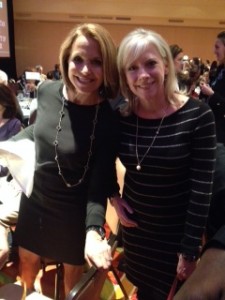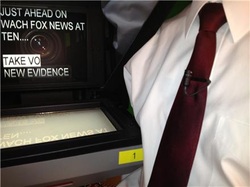I know you’re working to get to a bigger market, make more money and cover some better and bigger news stories, but remember the only time you’ve got is now, so make the most of it. I don’t want to sound like I’m preaching to you, but tomorrow is not promised to us.
It may not always seem like it, but I’m sure there are some great things about the market you’re living in; the people, the local cuisine or maybe it’s big on history. Learn about some of that stuff and I guarantee you it’ll help take your mind off the fact that you’re going to work every day with the hope of moving on in the near future. How monotonous is that? It’ll only make you miserable.
I wish I would’ve spent a little more time getting to know the small market I worked in for a year and a half; after all it was a year and half of my life. I did meet some great people though, mostly coworkers who’ve become some great friends.
Part of the reason many of us get into the TV news business is because we get to live in and experience different places on the way to reaching our goals.
So again I say take so time to smell the roses, and if you don’t like roses, there are carnations, lilies, sunflowers; whatever you like, just make it happen.




 RSS Feed
RSS Feed